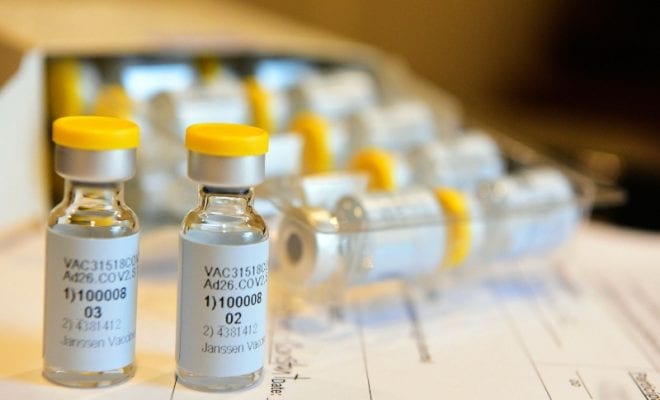Why Reduction Of Infectious Cases Is Not Good News For Indian Covid-19 Vaccine Candidates

Reduction Of Infectious Cases: The efficacy of the Covid-19 vaccine could be affected if the Covid-19 virus infections come down, confirms official reports. The researchers are stating that it would be difficult for them to test the vaccine in its third phase. This is primarily for the other vaccine candidates being developed and could delay approvals in India.
India is going to the first country in the world to start the biggest immunization programme since the Corona virus gripped the globe in November 2019.
Except a few states where there are comparatively higher cases, the whole process could be pushed back in time, as efficacy testing can only be done on those patients that are infected with the virus.
Daily count of the infection amongst the population has come down to less than 20,000 from nearly 100,000 in September 2020. This is a positive achievement for a massive population like that of India. Those still conducting the Phase-3 trials includes Zydus Cadila, Biological E and Gennova Biopharmaceuticals.
Biological E is to actually start its Phase-1 trial while Gennova Biopharmaceuticals will soon start its efficacy trials. It is now being confirmed that Zydus might have to take a setback as its three-dose programme may not be launched in April. Its doses are supposed to be taken over a duration of two months.
Zydus is an Ahmedabad-based company that received Drugs Controller General of India’s (DCGI’s) approval for a 30,000-participant efficacy trial last week. According to Renu Swarup, secretary of the department of biotechnology at the Ministry of Science and Technology, Government of India, “We will wait to see results from phase 3 data to understand when the protection begins after immunization.” Their department is collaborating with Zydus Cadila for the development of the vaccine.
Gennova sees itself stuck on the messenger RNA. It would prefer to get permission from DCGI to use the ‘correlates of protection’ data provided by Pfizer and Moderna as a benchmark for its vaccine trial. The American companies received clearance for their mRNA recently. But there is possibly a marked difference between the technologies being used by Gennova and the American counterparts.
While Gennova’s vaccine uses self-replicating RNA, while the US firms use non-replicating RNA. The other way around this situation is to use a bridging study. But that does not always give accurate results and would need large amounts of user information to be collated and processed to test the efficacy of a vaccine.
Dr Reddy’s Laboratories that is conducting a Phase 2 and 3 bridging study for Russia’s Sputnik V vaccine. Serum Institute of India plans to soon start conducting a similar trial for Novavax’s protein subunit shots.



